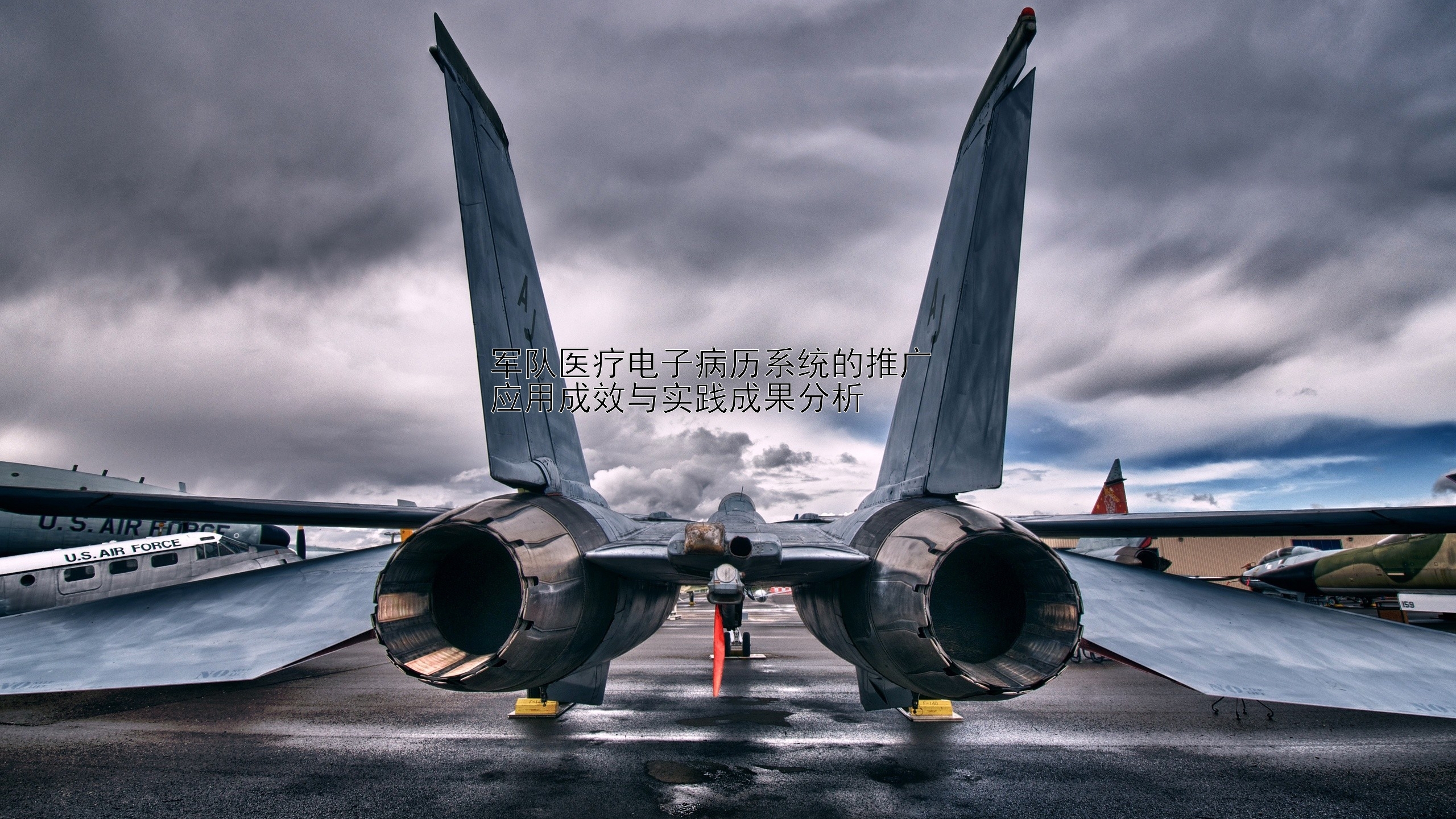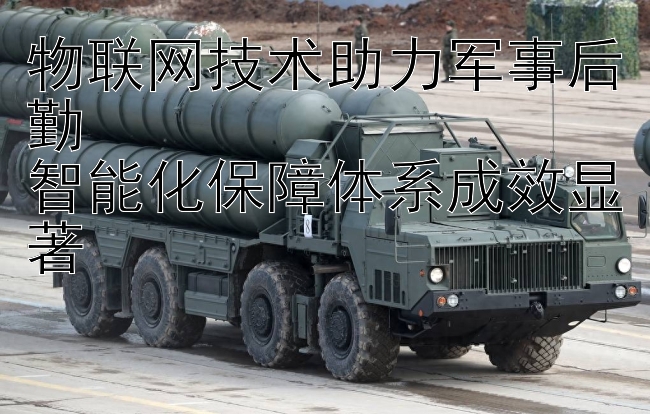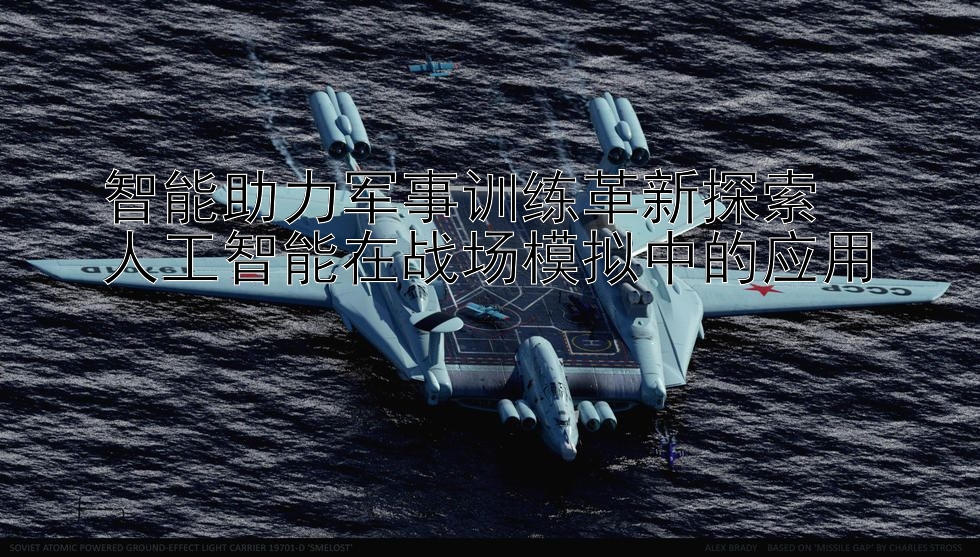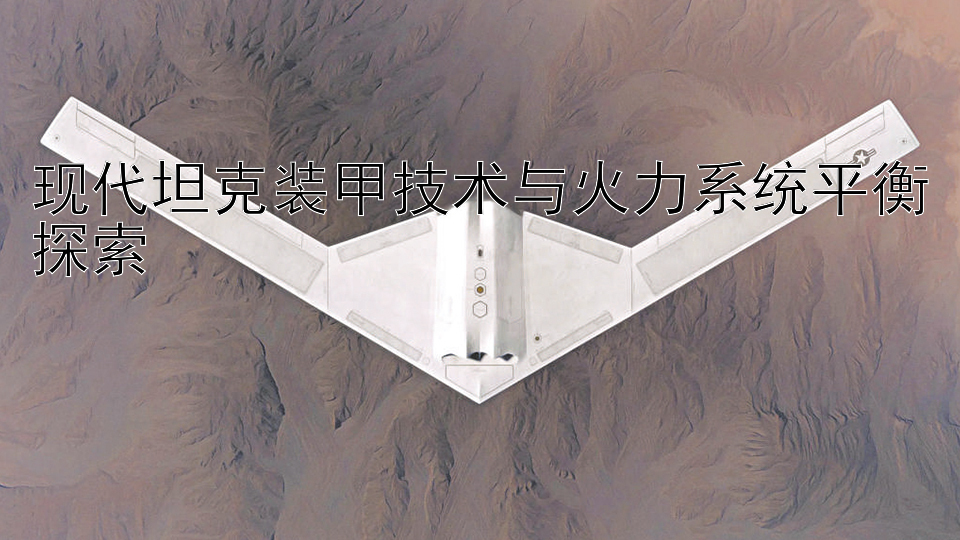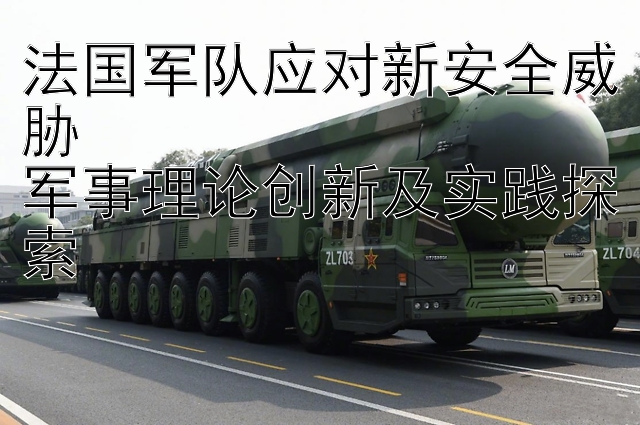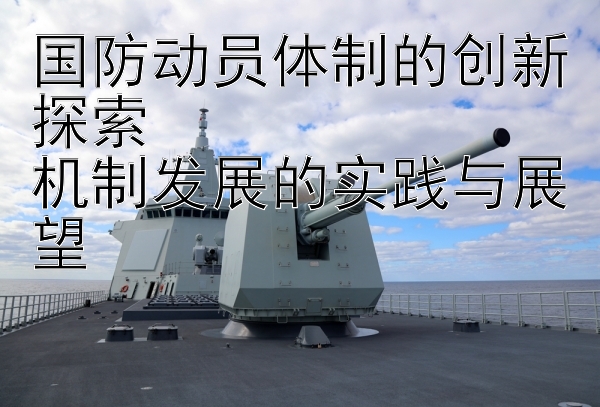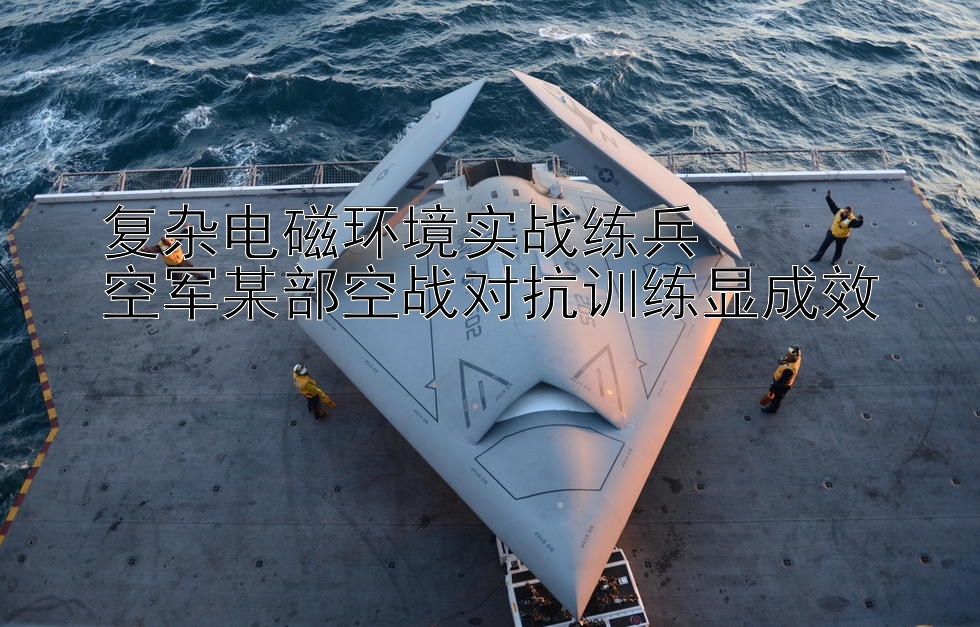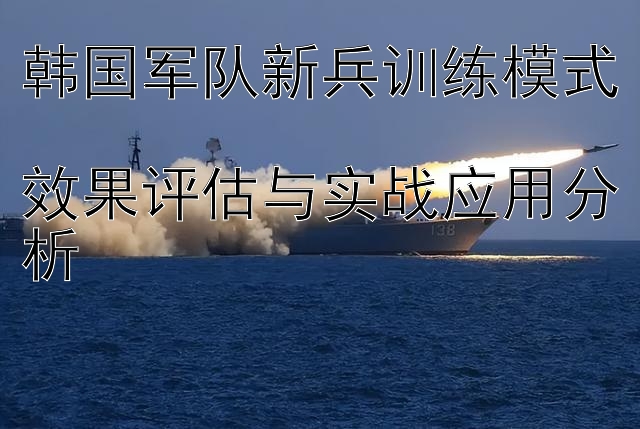《探索与评估:澳大利亚AI决策支持系统在军事领域的应用成效》
导读随着人工智能(AI)技术的飞速发展,其对全球军事力量的影响日益显著。作为南半球的重要国家之一,澳大利亚一直致力于利用先进技术来提升本国的国防能力。本文将深入探讨澳大利亚在军事领域引入AI决策支持系统的背景、进展以及初步成果,同时对其未来发展和潜在挑战进行分析和展望。AI决策支持系统的发展背景在全球范......
随着人工智能(AI)技术的飞速发展,其对全球军事力量的影响日益显著。作为南半球的重要国家之一,澳大利亚一直致力于利用先进技术来提升本国的国防能力。本文将深入探讨澳大利亚在军事领域引入AI决策支持系统的背景、进展以及初步成果,同时对其未来发展和潜在挑战进行分析和展望。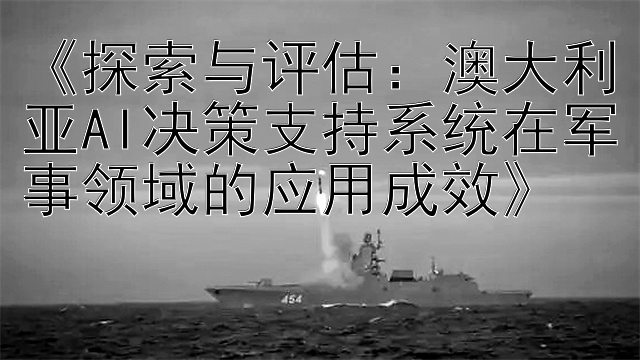
AI决策支持系统的发展背景
在全球范围内,各国都在积极寻求通过技术创新来实现军事现代化。其中,人工智能作为一种具有颠覆性的新兴科技,因其强大的数据分析处理能力、快速反应速度和自主学习功能而备受瞩目。澳大利亚政府认识到AI的巨大潜力,开始着手推动其在国防和安全领域的应用研究。
澳大利亚AI决策支持系统的研发历程
为了应对不断变化的国际安全环境,以及提高本国军队的作战效率和指挥决策水平,澳大利亚国防部自2016年起启动了一系列关于AI的研究项目。这些项目旨在开发能够辅助指挥官做出更准确、更快捷的战略和战术决策的智能工具。经过多年的努力,目前澳大利亚已经取得了一些重要的阶段性成果。
案例分析:“
The Australian AI Decision Support Systems in the Military Domain: Exploration and Evaluation
In an era of rapid technological advancement, artificial intelligence (AI) has emerged as a game-changer across various sectors, including defense. Australia, positioned strategically in the southern hemisphere, is no exception to this trend. This article delves into the country's progress in integrating AI decision support systems into its military operations, examining their current applications, benefits, challenges, and future prospects.
Background Development of AI Decision Support Systems
Global powers are actively seeking ways to leverage technology for modernizing their militaries. AI, with its powerful data processing capabilities, quick reaction times, and autonomous learning functions, stands out among these innovations. The Australian government recognized the potential of AI early on and began investing in its development within the realm of defense and security.
Research and Development of Australian AI Decision Support Systems
To address evolving international security landscapes and enhance operational efficiency and strategic decision-making abilities, the Australian Department of Defense initiated several research projects focusing on AI starting from 2016. These efforts aimed at creating tools that could assist commanders in making more accurate and timely decisions during both strategic and tactical scenarios. After years of hard work, significant milestones have been reached.
Case Study: "Project Guardian" serves as a prime example of how AI can be employed to augment military effectiveness. Launched in response to increasing cyber threats against critical infrastructure, Project Guardian utilizes AI algorithms to detect anomalies in network traffic patterns and alert authorities before any damage occurs. By leveraging machine learning techniques, the system continuously improves its threat detection capabilities, ensuring a proactive stance against cyber adversaries.
Assessment of Current Applications
Across various domains such as logistics, surveillance, and predictive maintenance, AI decision support systems offer numerous advantages to the Australian Defence Force (ADF):
Logistics Management
AI algorithms streamline supply chain processes by optimizing inventory levels, predicting demand fluctuations, and identifying efficiencies in resource allocation. This leads to cost savings and increased resilience in logistical operations.
Surveillance and Intelligence Gathering
Integrating AI into reconnaissance platforms enhances real-time situational awareness through automated target recognition, pattern analysis, and data fusion. Such capabilities enable ADF personnel to make informed judgments promptly under pressure.
Predictive Maintenance
By analyzing vast amounts of sensor data collected from equipment like aircraft or vehicles, AI helps predict when maintenance will be required based on wear patterns and usage statistics. This prevents unexpected breakdowns while reducing downtime due to unnecessary repairs.
Challenges and Future Outlook Despite the promising results achieved thus far, there remain obstacles that must be overcome:
- Data Privacy Concerns: Safeguarding sensitive information shared between humans and machines requires robust cybersecurity measures.
- Ethical Considerations: As AI becomes more integrated into combat situations, ethical dilemmas arise regarding accountability and use-of-force protocols.
- Human-Machine Interaction: Ensuring effective collaboration between human operators and AI remains crucial; training programs need constant updating to keep pace with advancing technologies.
Looking ahead, continued investment in R&D will likely lead to further integration of AI throughout all aspects of military operations. Additionally, partnerships with academia, industry partners, and other nations could foster innovation and knowledge sharing within this field.
In conclusion, Australia's adoption of AI decision support systems demonstrates its commitment to staying competitive within contemporary warfare environments. While challenges persist, ongoing refinement and adaptation should ensure that these cutting-edge tools continue contributing positively towards national security objectives well into the future.
热门标签
